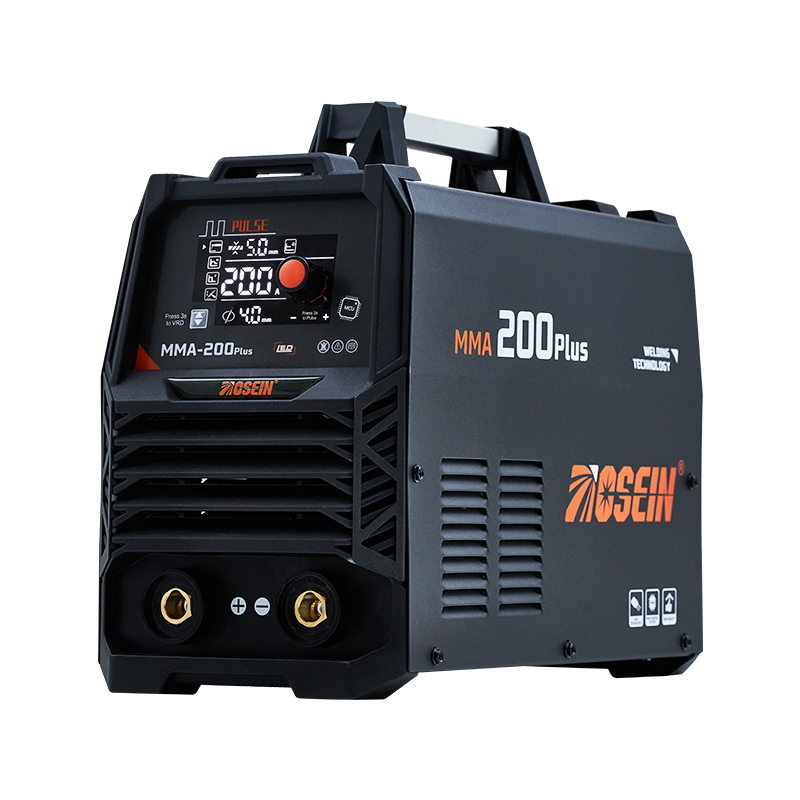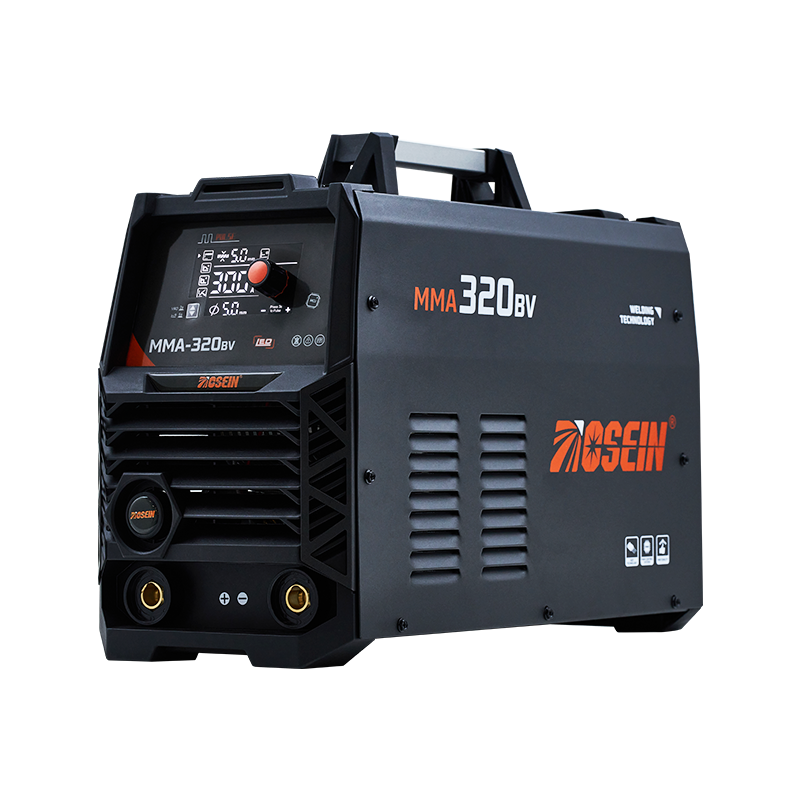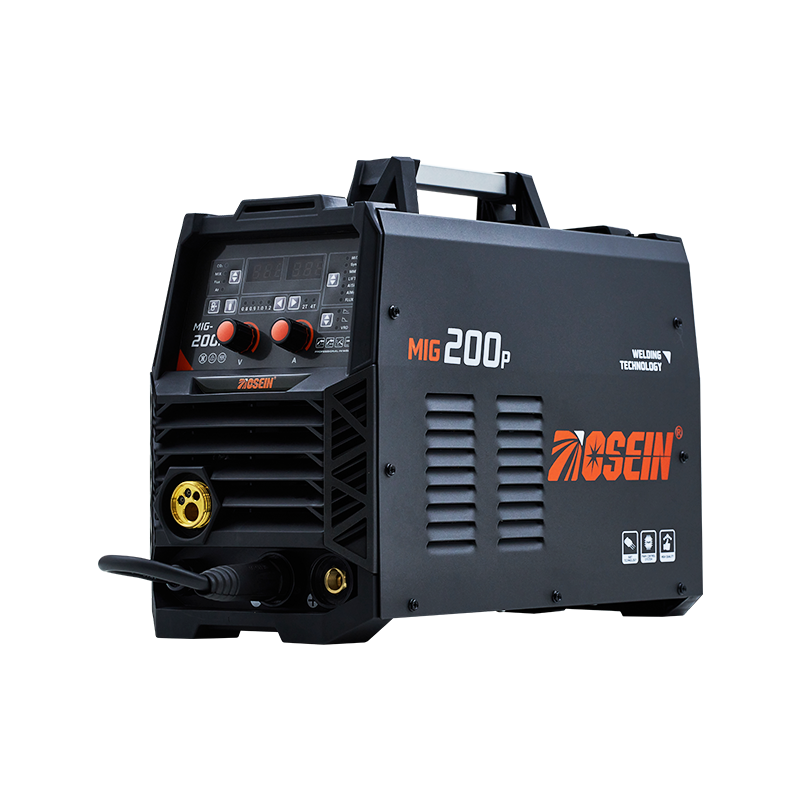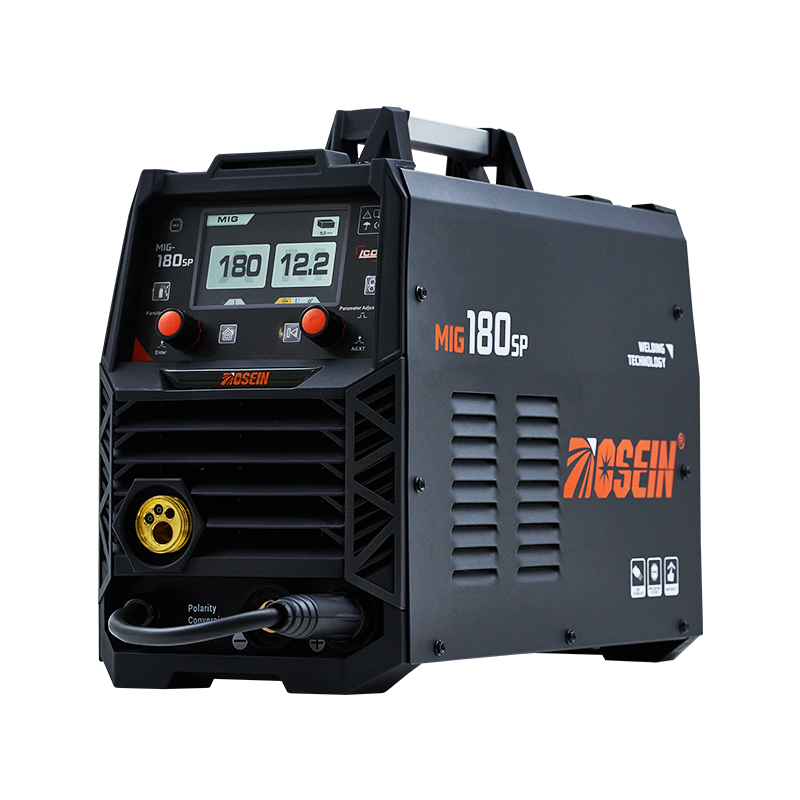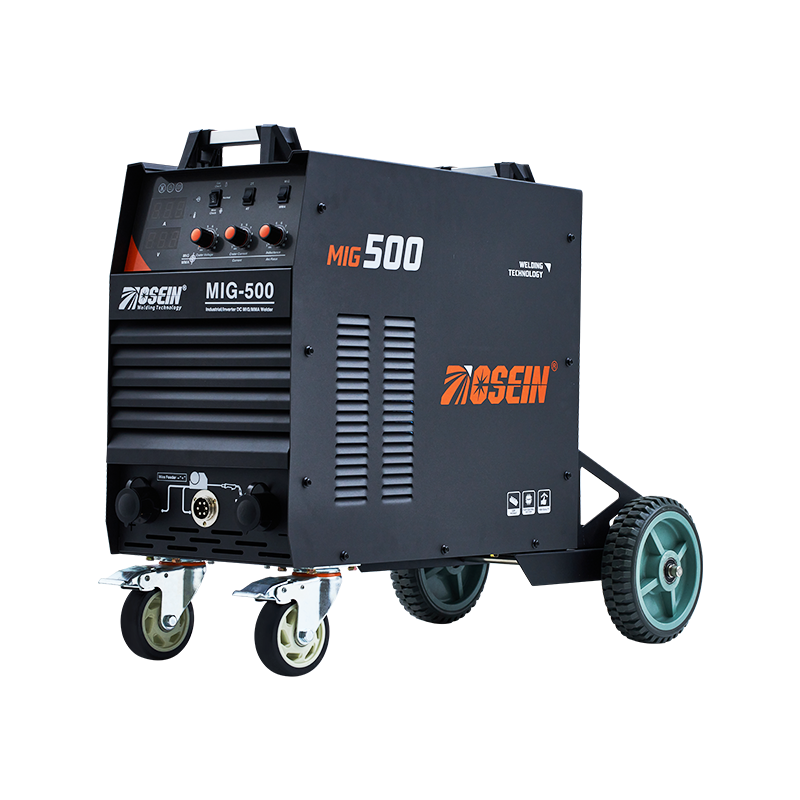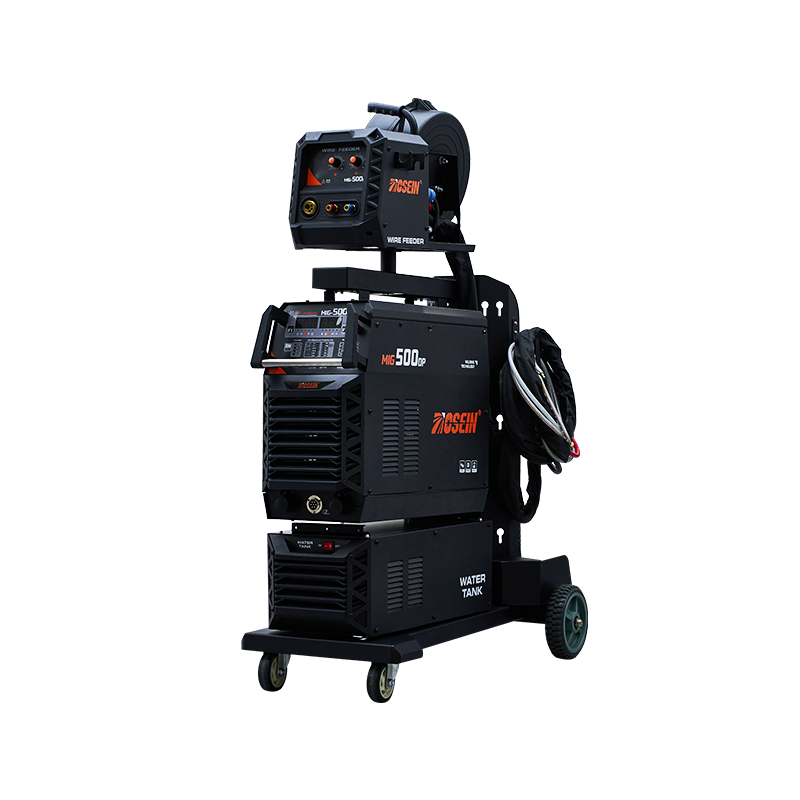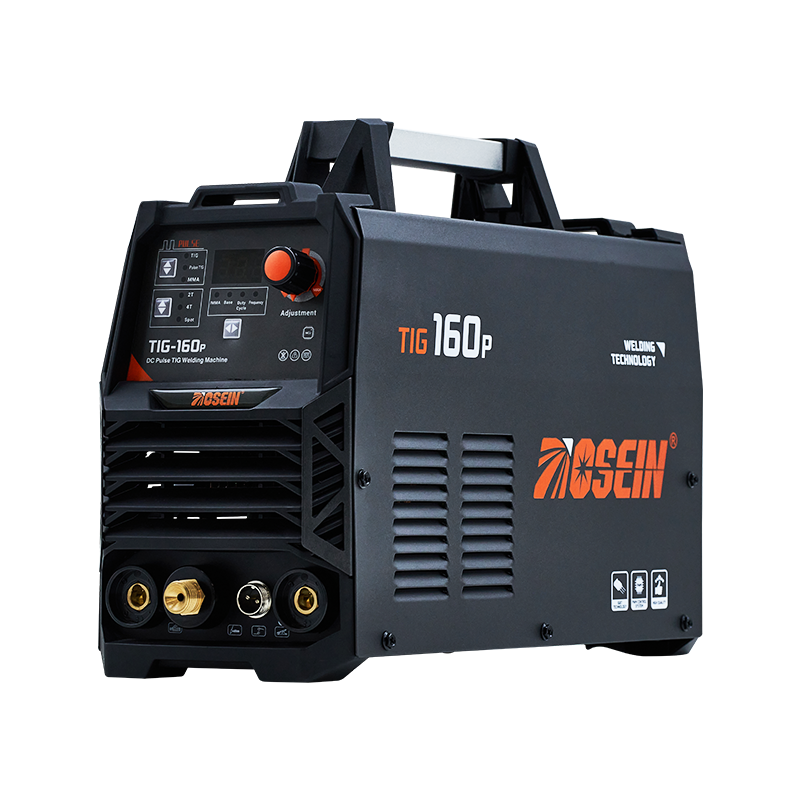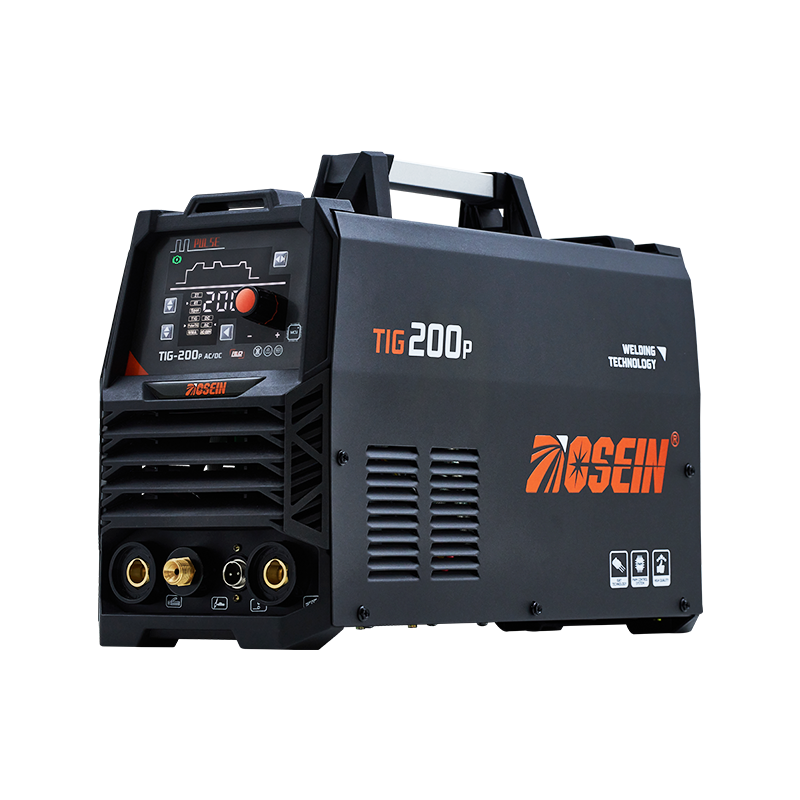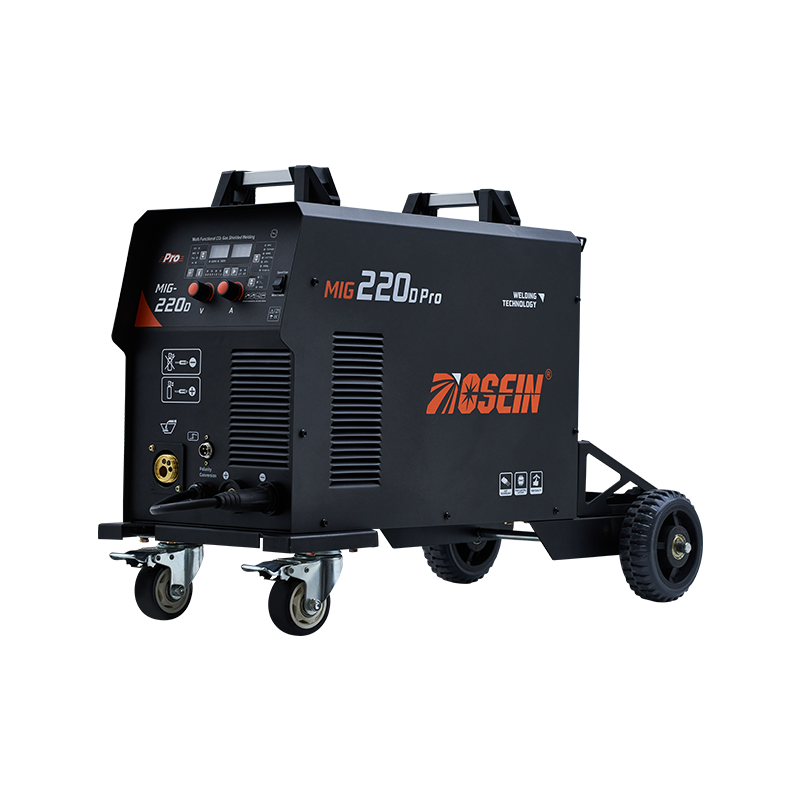
MIG welding has become a go-to method for many fabricators, hobbyists, and industrial operators due to its versatility and efficiency. While standard MIG welders are suitable for general-purpose work, Dual Pulse MIG Welders or Double Pulse MIG Welders provide additional control and precision in specific applications.
What is a Dual Pulse MIG Welder?
A Dual Pulse MIG Welder is designed to alternate between high and low current pulses during welding. This pulsing effect helps manage heat input, control bead formation, and reduce distortion on thinner or complex materials. The machine allows the operator to adjust pulse frequency and amplitude, offering more control over penetration and appearance compared to a standard MIG welder.
Similarly, a Double Pulse MIG Welder provides a comparable effect, often using two distinct pulse patterns to handle different layers or welding positions. This technology is particularly valuable in projects where precision and consistent quality are essential.
Advantages Over Standard MIG Welders
- Reduced Heat Distortion
Standard MIG welders deliver a continuous current, which can overheat thin sheets or delicate joints. A Dual Pulse MIG Welder lowers the average heat input, minimizing warping and improving the overall appearance of the weld. - Improved Bead Control
By pulsing the current, dual pulse machines create more uniform bead profiles. This reduces spatter and ensures cleaner joints, which is especially useful when working with aluminum or stainless steel. - Better Penetration Management
Double Pulse MIG Welders allow operators to achieve deeper penetration without excessive heat. The dual pulse pattern maintains fusion with the base material while avoiding burn-through, making it ideal for multi-pass welding or layered construction.
Ideal Applications for Dual Pulse Systems
Dual Pulse MIG Welders excel in scenarios where precision is key:
- Automotive and Aerospace Components: Thin panels and complex shapes benefit from controlled heat and consistent beads.
- Pipe and Tubular Fabrication: Maintaining penetration without distorting the surrounding metal ensures structural integrity.
- Artistic or Decorative Metalwork: Uniform appearance is crucial for visible surfaces.
While a standard MIG welder can handle basic repairs and general fabrication, dual pulse systems provide an advantage when the quality of the weld is critical.
Considerations When Choosing a Dual Voltage MIG Welder
Many Dual Voltage MIG Welders allow operation on either 110V or 220V power, making them versatile for different settings. Combining dual voltage capability with dual pulse functionality gives the operator flexibility to handle small home projects and larger industrial jobs.
When selecting a dual pulse system, consider:
- Material Thickness: Pulse settings are particularly beneficial for thin metals.
- Project Complexity: Complex joints, curves, or layered work benefit from precise heat control.
- Power Availability: Dual voltage models ensure the welder can be used in various locations without needing special circuits.
Dual Pulse MIG Welders and Double Pulse MIG Welders offer clear advantages over standard MIG welders in applications requiring precision, controlled heat input, and consistent bead quality. While standard units remain suitable for general fabrication, dual pulse systems are ideal for automotive, aerospace, or decorative projects where quality and appearance matter. Pairing dual pulse technology with a Dual Voltage MIG Welder increases versatility, allowing operators to work effectively across different materials and power settings. Understanding these benefits helps welders make informed decisions about when to upgrade to a dual pulse system.
